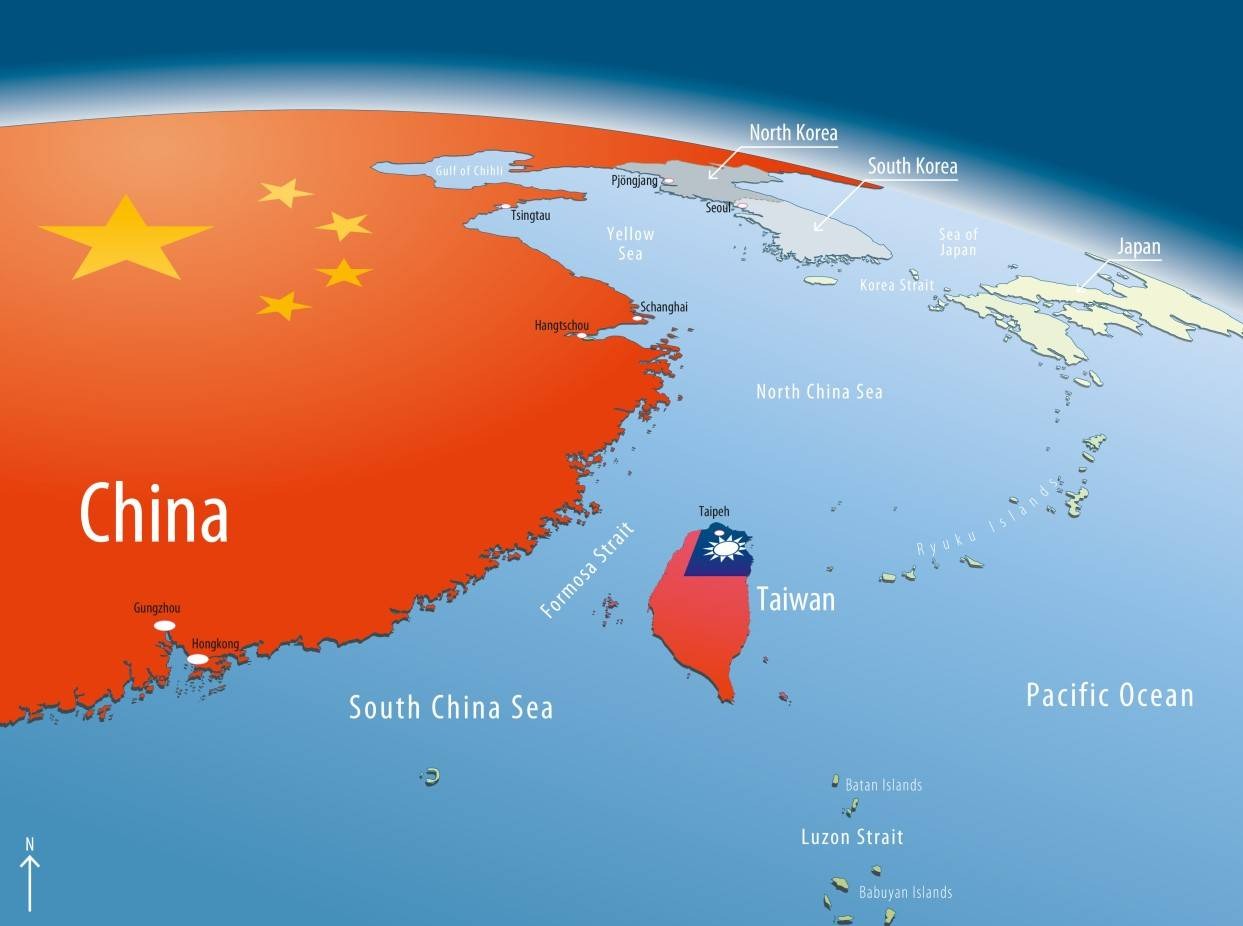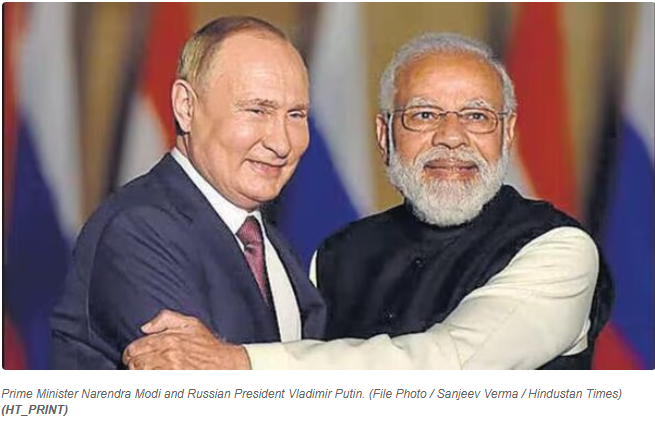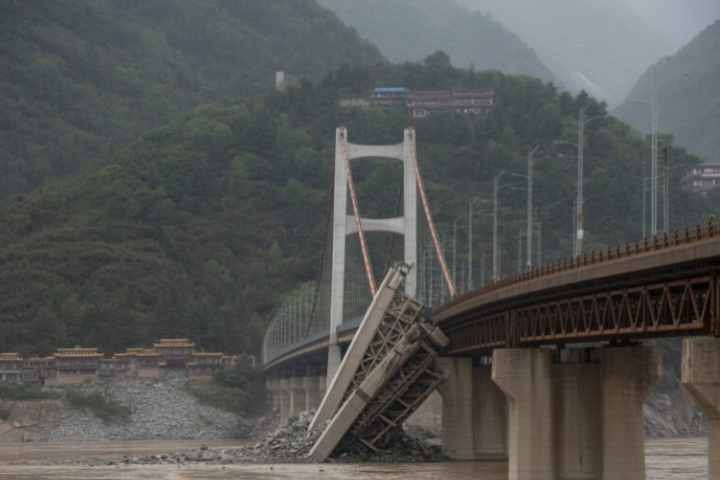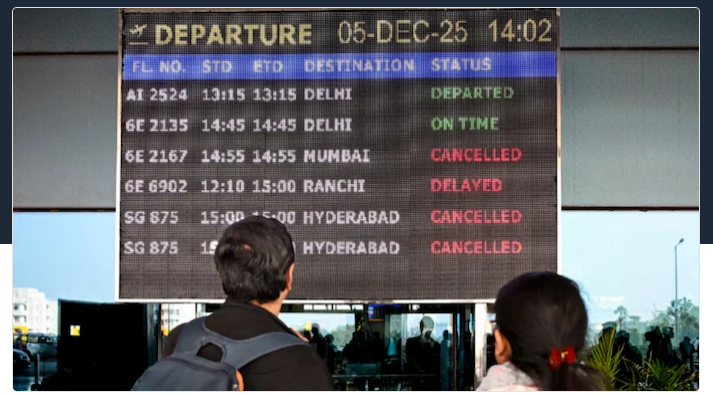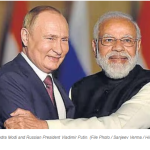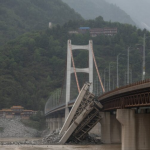Beijing, China — For decades, the Chinese Communist Party (CCP) positioned China as the world’s manufacturing hub, drawing in businesses from Taiwan, the United States, Europe, and Japan with promises of low costs and reliability. This narrative of endless economic opportunity attracted a wave of foreign investments and partnerships, which the CCP heralded as a testament to their governance and economic policies.
However, a significant shift is now taking place, threatening to undermine the foundation of the CCP’s economic success. Businesses and governments worldwide are actively seeking to diversify away from China. This trend, often referred to as the “great decoupling,” is driven by growing concerns over the CCP’s increasingly stringent policies, highlighting critical flaws in the party’s economic and international strategies.
As foreign companies and investors begin to reevaluate their ties with China, the CCP faces mounting challenges in maintaining the economic stability and growth it has long championed.
The clearest example of this trend comes from Taiwan, whose business community has long been deeply intertwined with mainland China.

Taiwanese businesses are redirecting their investments from China to regional competitors such as Vietnam, Indonesia, and Malaysia. These Southeast Asian nations now receive about 40% of Taiwan’s outbound investment, surpassing the flows to mainland China. Prominent Taiwanese companies like Foxconn are significantly expanding their operations in Vietnam, particularly in the high-tech electronics sector, a key area for China’s economic ambitions.
This shift in Taiwanese capital is a response to the Chinese Communist Party’s (CCP) policies. For years, the CCP imposed stringent conditions and political demands on Taiwanese businesses seeking access to the mainland market. As China’s cost advantages have diminished and its reliability as a manufacturing hub has been questioned, many businesses are now seeking more stable environments.
Moreover, the exodus of Taiwanese business from the mainland undermines one of the CCP’s core foreign policy goals – the eventual reunification of Taiwan with China. For years, Beijing hoped that deepening economic ties would inexorably pull Taiwan into its orbit. Now, that strategy lies in tatters as Taiwanese firms vote with their feet and pocketbooks against closer integration with the mainland.
As Taiwan, the U.S., Europe, Japan, and others continue to diversify away from China, the CCP’s options narrow. The party can either adapt to the new reality of global competition, or it can double down on its current approach and watch as more businesses and nations decide the costs of engaging with China outweigh the benefits. So far, there is little sign that the CCP recognizes the severity of the situation or is willing to make the difficult changes necessary to reverse these trends.
The great decoupling underway represents a historic shift in the global economic order and a repudiation of the CCP’s governance model. As the world builds new trade networks and supply chains that increasingly bypass China, Beijing may find that its dreams of economic dominance and geopolitical leverage have slipped away – undone by the very qualities that define CCP rule.
